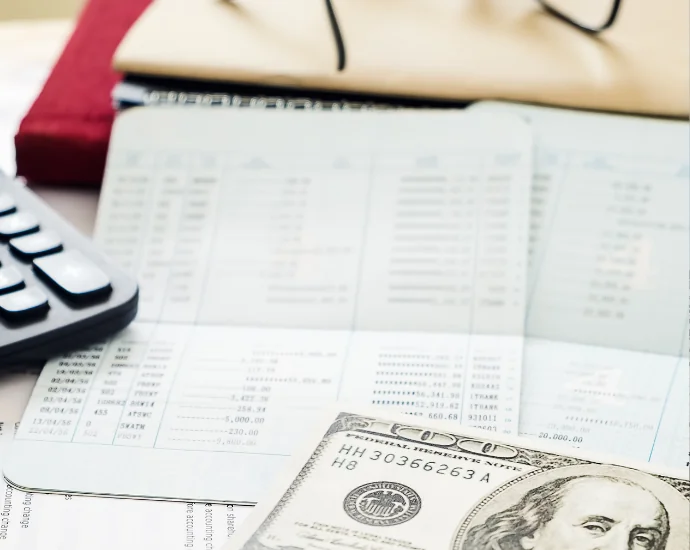
“Why spend your money on food that does not give you strength? Why pay for food that does you no good?” (Isaiah 55:2, NLT)
Looking for ways to boost your savings? Some of your everyday habits might be breaking your budget. Tracking what you spend each month can help you find where your budget is leaking cash. That’s cash you could be putting towards a bigger goal!
Are you doing any of these things? If so, we’ve included some alternatives to help you break these wasteful habits.
1. Not sending in rebates
Do you buy appliances or other big-ticket items that advertise cash-back rebates, only to forget to fill out the form later? Remember, you only get that discounted price if you send in for the rebate.
Rebates can save you a lot of money, but companies count on customers not remembering to follow up. According to ConsumerAffairs.com, over $500 million of manufacturer rebates are unclaimed each year. Don’t let big companies keep your money; remember to fill out and send that form!
2. Buying low-quality goods
If you’ve ever picked up a cheap outfit at a fast-fashion outlet only to have it rip after washing, you know low-cost goods aren’t always the best way to go.
When it comes to items like furniture or appliances, paying a bit extra may mean you get better quality. This can help you avoid repair or replacement costs later. You may also want to do a little research first and check online consumer reviews before you buy.
3. Not using gift cards
Do you have a pile of unused gift cards in your wallet or purse? That money’s already been spent, and you should make the most of it. And don’t forget to use up the full value of the card. Estimating the value of your shopping cart before you head to the checkout can help you avoid leaving money on your gift card.
If you really won’t use a gift card, you may want to give it to a friend or donate it to a local nonprofit. Some stores will even trade other businesses’ gift cards for store credit, so be sure to ask around.
4. Spending too much on entertainment
Just about everyone enjoys a good movie or TV show now and then. But there’s no reason to waste money on a pricey cable package or a first-run movie ticket. Many movies and shows can be streamed online through services like Hulu, Netflix, or Amazon Prime.
If you absolutely have to see that new blockbuster, you may want to consider going to a matinee. Is there a second-run theater near you? Simply by waiting a few weeks, you might be able to save money on movie tickets. And eat before you go so you won’t be tempted to buy snacks.
5. Spending too much for convenience
Convenience can sometimes make you spend money on you can easily do yourself, like getting manicures instead of painting your own nails or buying lunches and dinners instead of cooking. It’s fine to treat yourself once in a while, but getting into the habit of buying for convenience can really eat into your budget.
You can save time and money on takeout by cooking in a slow cooker and portioning out a few lunches or dinners for the week. Or pick up some fresh veggies at the grocery store this weekend and fix yourself a week’s worth of mason jar salads. Experiment, try new recipes, and enjoy home-cooked food, just the way you like it—for much less than dining out.
6. Paying unnecessary fees
It’s ridiculous to have to pay money to use your money. But that’s exactly what you’re doing every time you use an out of network ATM. And if you’re already worried about your finances, knowing that your bank has a minimum checking account balance won’t help.
If you’re paying big fees for your checking account, you might want to try moving your money to a credit union. Credit unions often offer truly free checking accounts that don’t require a minimum balance. If you are able to maintain a larger balance, you can earn money while still avoiding monthly fees by opening an interest-bearing checking account.
Do you use your debit card to buy groceries? The “cash back” option at the store terminal is another great way to cash fast without ATM fees.finan
Credit unions also use shared branching, which means you’ll have many more no-fee ATM options open to you. Just by using a credit union that belongs to CO-OP Shared Branching, you can access 30,000 free ATMS. That’s a lot of money saved on fees! Best of all, you’ll be able to access your money on your terms.
If you’re wasting money in one of these ways, you can stop—right now! By following these guidelines, you can start to build up some savings and take that first step towards financial freedom.
This article should not be considered legal, tax, or financial advice. You may wish to consult a tax or financial advisor about your individual financial situation.



